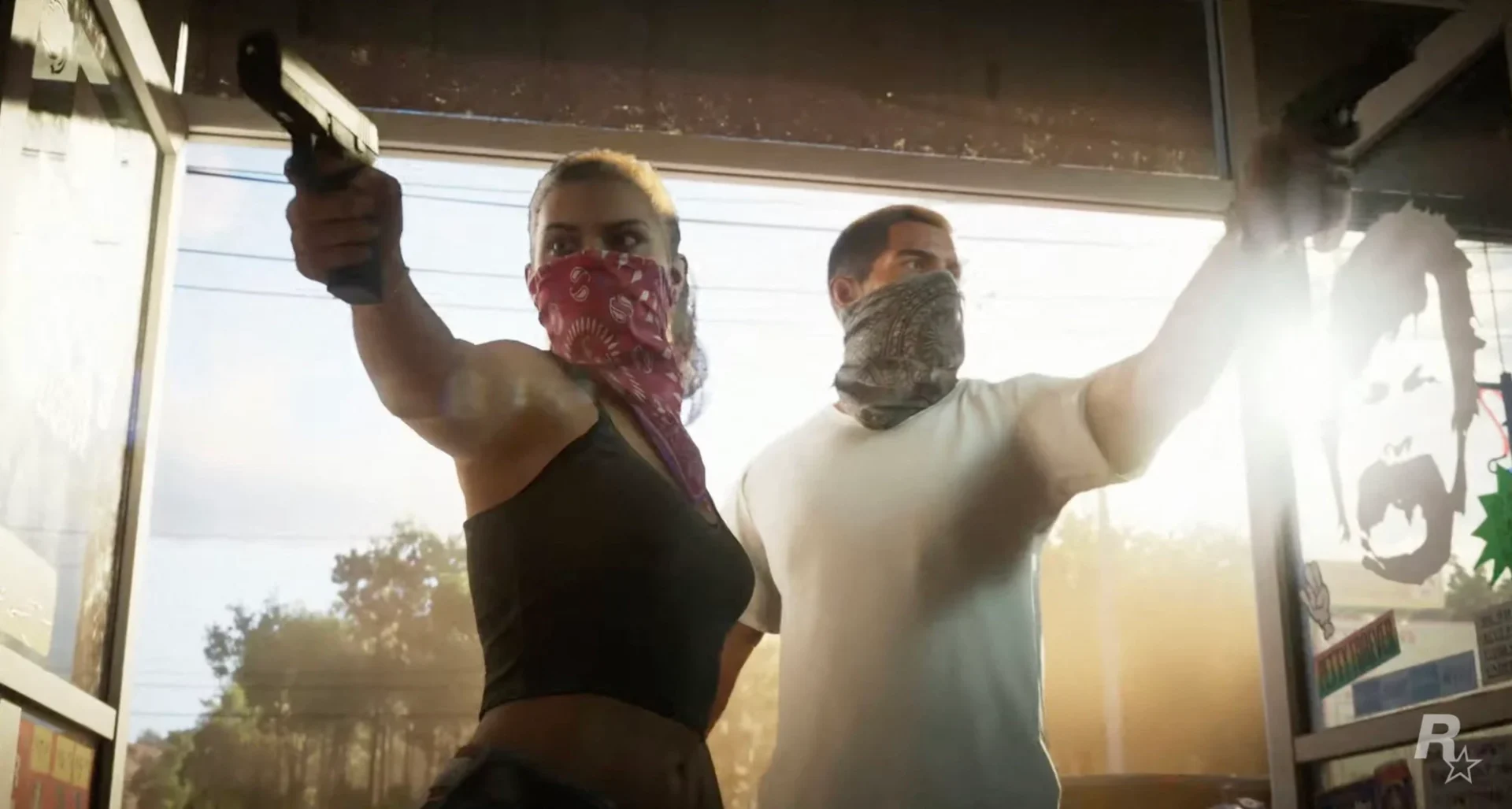The gaming industry is undergoing a significant transformation in terms of inclusivity, with the upcoming release of Grand Theft Auto VI in 2025 marking a notable milestone. Rockstar Games, the creators of the notoriously violent and often criticized Grand Theft Auto series, are introducing a playable female character named “Lucia” for the first time. This development is part of a larger trend in the gaming world where diversity and representation are increasingly becoming priorities.
The push for inclusivity stems from both player demand and a new generation of game designers who are more sensitive to issues of representation. Major gaming companies like Activision Blizzard and Ubisoft have faced intense scrutiny over sexual harassment scandals, and there has been longstanding criticism regarding the lack of diversity among gaming staff and stereotypical portrayals of minorities in games.
In response, the industry is taking proactive steps. Ashley Reed, the lead writer at Respawn Entertainment for the game Apex Legends, highlighted the growing awareness of how women, in particular, have been objectified in games. As a corrective measure, gaming studios are employing sensitivity readers and inclusion managers. These professionals help ensure content respects diverse cultures and encourage recruitment from varied backgrounds. Ubisoft, for example, began hiring inclusion managers in 2021.
Jennifer Lufau, a French video game inclusion consultant and founder of Afrogameuses, emphasized that player feedback is a significant driver of these changes. A notable example is the modification of character options in Nintendo’s Animal Crossing, prompted by an online petition launched by Taniesha Bracken from Denver, USA, highlighting the lack of inclusive hairstyles for black characters.
Smaller, independent studios are often at the forefront of these changes, as they seek to differentiate themselves from larger studios. Oskar Guilbert, co-founder and CEO of French studio Don’t Nod, cited their game “Life is Strange” as an example. Released in 2015, it broke new ground with its representation of LGBTQ characters. Similarly, their other games, like “Tell Me Why” and “Banishers,” feature native languages and indigenous peoples, showcasing a commitment to cultural authenticity.
However, not everyone is on board with these changes. Some critics argue that the focus on inclusivity detracts from the immersive experience of gaming. British YouTuber HeelvsBabyface, for example, criticized the game Starfield for its emphasis on gender and pronoun choices.
Despite these criticisms, the trend towards greater inclusivity and diversity in video games is gaining momentum. This shift is seen as not just a response to societal demands but also as an evolution of the gaming industry towards a more inclusive and representative medium. As major titles like Grand Theft Auto VI embrace these changes, it signals a significant shift in how video games are developed and the stories they choose to tell.
READ MORE:
